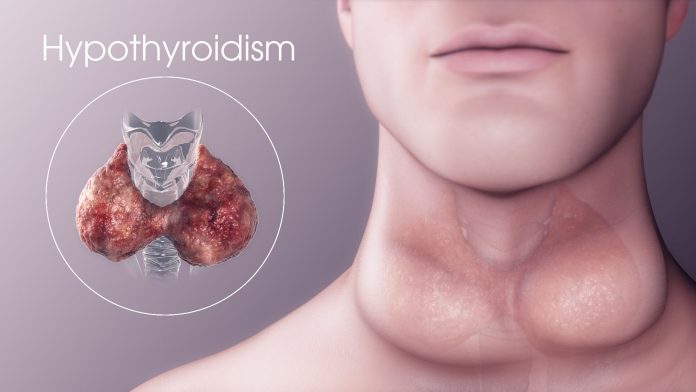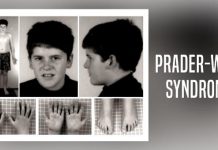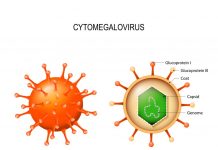The thyroid gland is a butterfly shaped structure situated in the throat with its two wings on either side of the windpipe. Its hormone thyroxine helps to regulate the body’s metabolism and consequently has an effect on every organ in the body. In children it’s an important regulator of growth and development.
The thyroid gland requires iodine from the diet to manufacture thyroxine. In certain parts of the world this element is virtually absent from the soil and therefore not present in locally grown foods. In some countries iodine is added to salt to make up for any deficiency.
Clinical Features of Thyroid Deficiency in Adults
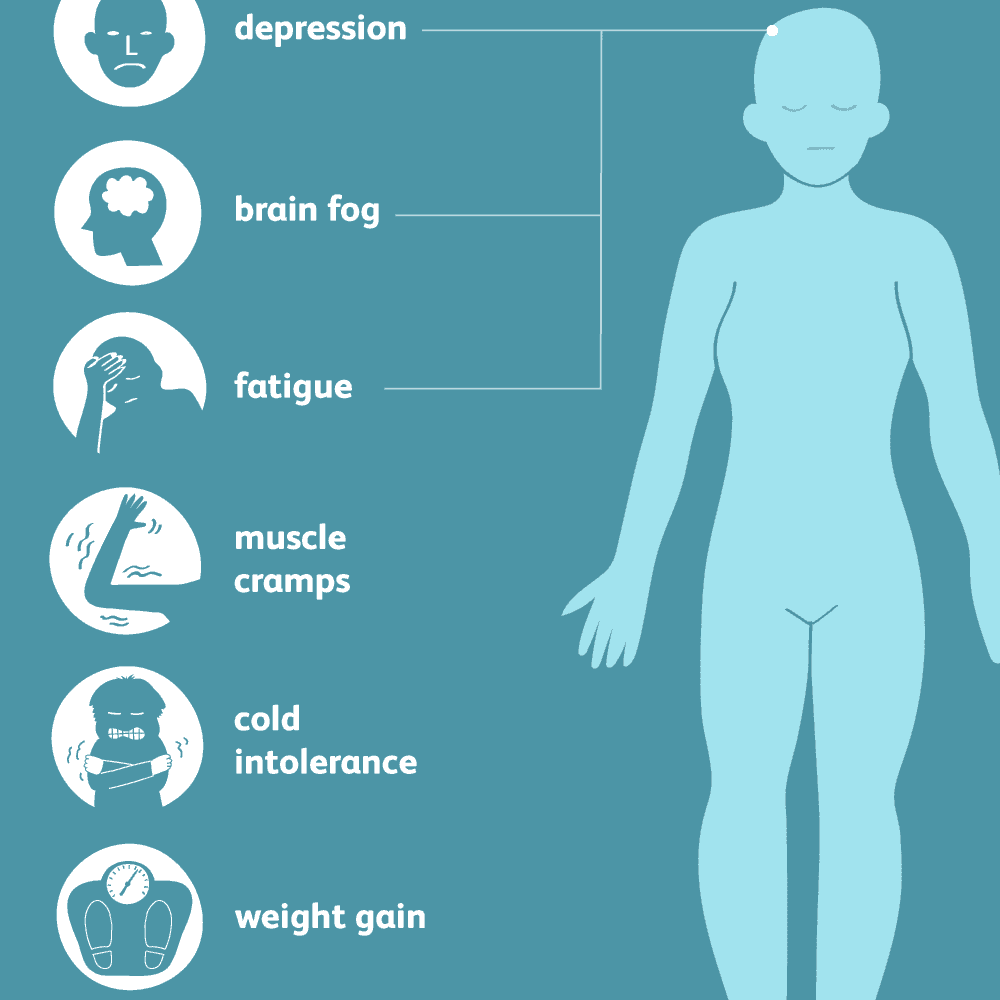
Not surprisingly any deficiency of thyroxine is likely to produce signs and symptoms in very many areas of the body.
- Heart: angina, slow pulse.
- Nervous system: unsteadiness, poor memory, slow thought and speech.
- Musculoskeletal: carpal tunnel syndrome, aching muscles.
- Digestive system: constipation, abdominal distension.
- Skin and hair: dry pale skin, course hair, puffiness of face.
- General: weight increase, cold intolerance.
Causes of Hypothyroidism in Adults
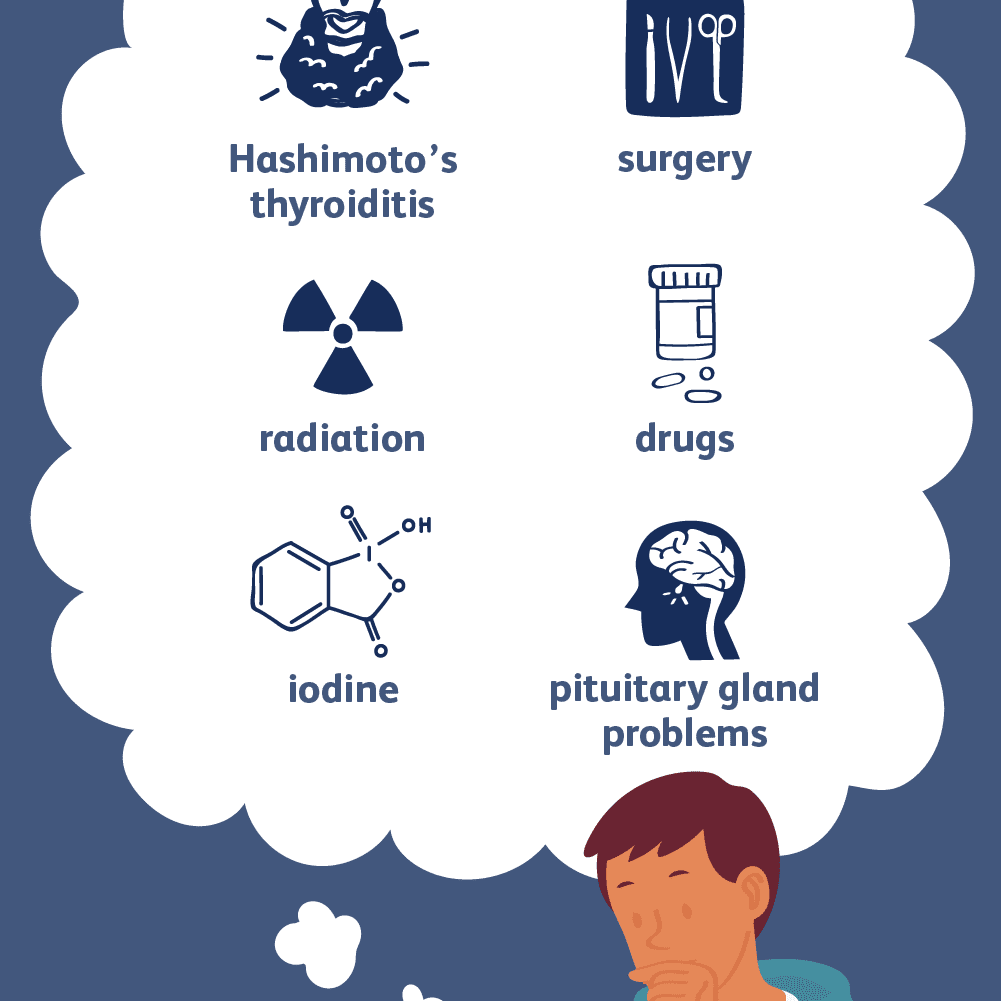
- Autoimmune disease: the most common cause in areas where iodine in the diet is adequate. For some reason the body produces antibodies against its own thyroid gland.
- Iodine deficiency: rarely seen in the West but more common in areas where iodine is absent from the diet.
- Hyperthyroid treatment: hyperthyroidism, where too much thyroxine is produced is treated by anti-thyroid drugs, surgery or radiotherapy. Now and then the treatment results in excessive damage to the thyroid gland leading to hypothyroidism.
- Drugs: some drugs have the potential to damage the thyroid gland, lithium for example.
- Secondary causes: disease of the pituitary gland. This gland, situated just below the brain, controls the majority of hormone-producing glands in the body including the thyroid.
Hypothyroidism in Children

In children the disease has different and potentially more serious effects.
In newborns the disease is either due to the mother being iodine deficient or failure of thyroid development. If untreated it may result in cretinism: poor development, mental retardation, deaf mutism and spasticity.
If the disease occurs in older children and is left untreated it can result in shortness of stature and delayed sexual development.
Treatment of Hypothyroidism
Management of the condition is relatively simple and cheap by giving thyroxine. It can be tricky getting the dose just right for the individual but once established the patient can be satisfactorily stabilised.
This article is for information only. If you have any health concerns you should consult your doctor.


